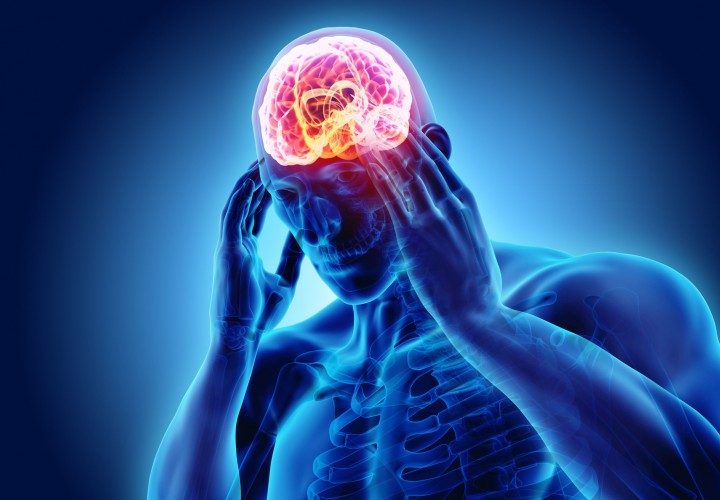Concussions and their severity have gotten big traction over recent years. Continuously we have seen the sometimes fatal consequences of brushing off this injury we once saw as minor. But with how normalized some of the symptoms have become for athletes, it can still be hard to recognize when we need to take a blow seriously or not.
British journal of sports medicine
Thankfully, the British Journal of Sports Medicine put together a great list of red flags that indicate a patient needs to be under specialized care immediately! Also that an ambulance should be called after an injury.
- Neck pain or tenderness
- Severe or Increasing headache
- Deteriorating conscious state
- Double vision
- Seizure or convulsion
- Loss of consciousness
- Vomiting
- Weakness or tingling/burning in arms or legs
- Increasingly restless, agitated or combativeness
Screening Techniques through the British Journal
The BJSM also lists a variety of screening techniques through their free pamphlet. The CRT-5 (Concussion Recognition Tool 5) helps indicate a less obvious concussion. These divide some key areas that are easily monitored! This includes observable signs (clear head wounds, being motionless after the initial injury for a period, signs of confusion, signs of imbalance, etc). Also included is a thorough list of possible symptoms that may manifest in the minutes to days after the injury! Lastly, a list of questions that can help ascertain levels of response in someone recently injured that may indicate brain involvement.
This is by no means an exhaustive or clinical tool like the SCAT. But can often help other peers, family members, or friends recognize signs of something dangerous. Because a concussion is a form of traumatic brain injury, a general guideline is that a concussed individual should be monitored by a neurologist. This is now often recommended because this specialized field of medicine is the most equipped! Also, it is the most up to date on current evidence in brain injury care and monitoring.
providers
Unfortunately, I have heard recent horror stories of a variety of professionals working outside their own area of expertise. They continue to brush off concussions despite current recommendations and evidence! But, this can be understandable when looking at the vast amounts of continuing education we all must do in various fields just to keep up on our own specialties. Whether it be a healthcare professional or someone outside the field, if you do not feel you have been through a thorough exam by a specialist, be your own advocate and ensure the best testing has been done!

